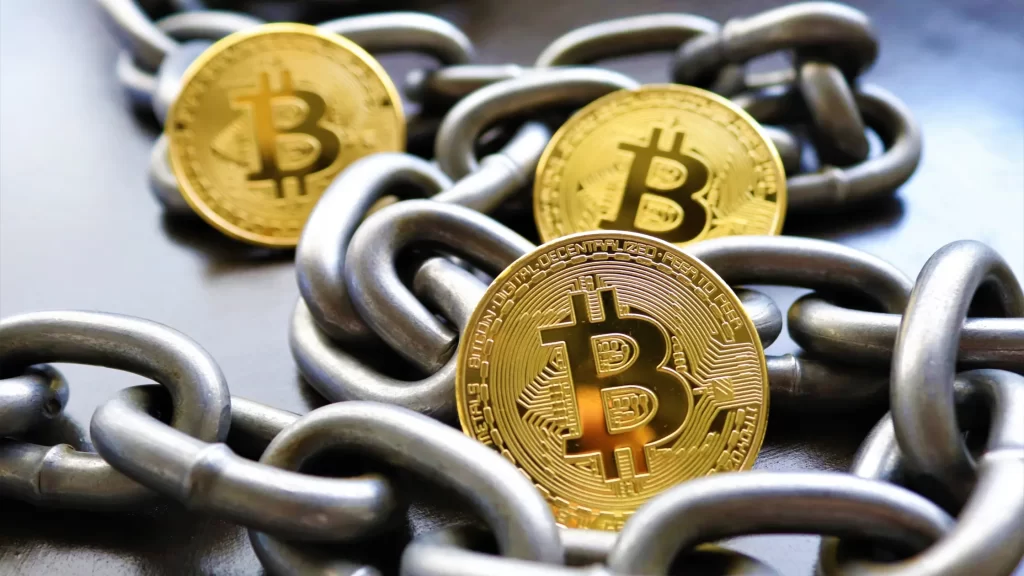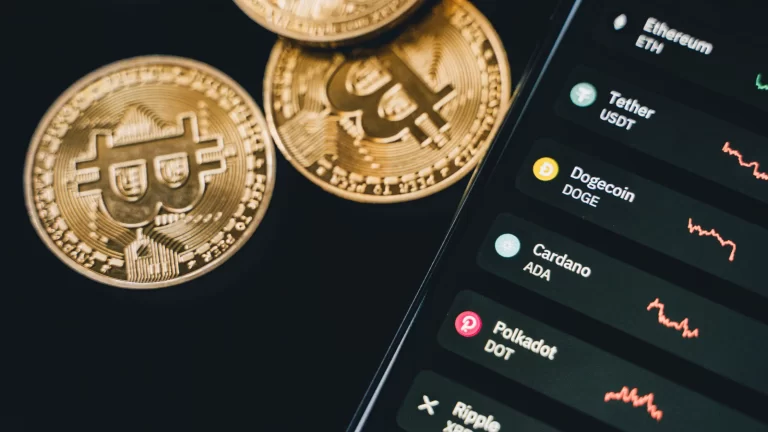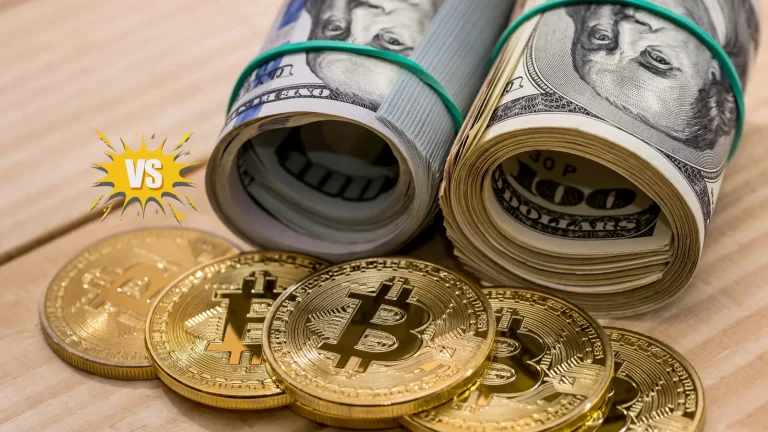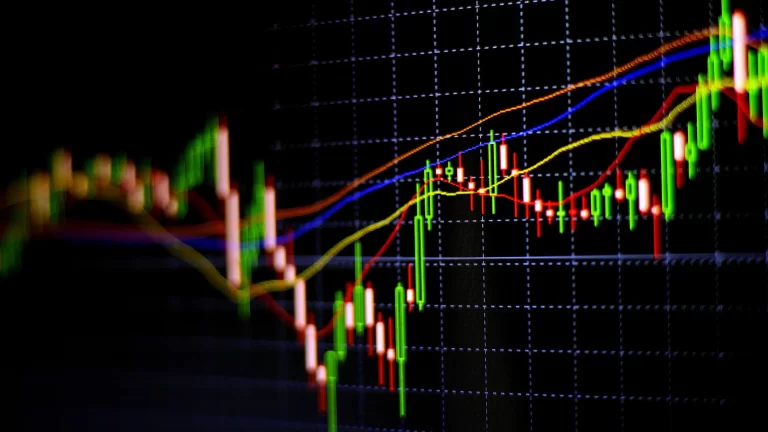Why Bitcoin and DeFi Matter More Than Ever in a Fragmented World

As global geopolitics fracture into blocs and power slips from nations to corporations, we are witnessing a historic shift – not just in governance, but in who truly owns the future. The centralization of political and financial power under stateless megastructures like BlackRock has redefined sovereignty. In this emerging technocratic order, your vote matters less than your balance sheet. But within this unsettling reordering lies a glimmer of hope: Bitcoin and decentralized finance (DeFi) offer the most credible path toward reclaiming economic agency in a world otherwise governed by artificial intelligence, surveillance, and war-driven capital cycles.
In this new system, democracy is less about voting and more about capital – who controls it, who gets cut off from it, and who has the tools to opt out.
The Global Game Has Changed
We’re no longer living in a world where the U.S. calls the shots. The rise of BRICS nations, China’s growing influence, and energy-rich Gulf states are reshaping power dynamics. Countries like Saudi Arabia are cutting deals directly with China, Iran, and even former rivals, all without U.S. involvement. At the same time, the West is increasingly shaped not by elected leaders, but by powerful financial institutions that operate across borders.
BlackRock, for example, manages over $10 trillion in assets and quietly advises governments, central banks, and even defense departments. Through AI platforms like Aladdin, it doesn’t just invest in markets – it models and influences them. This is no conspiracy theory; it’s the new reality of stateless capital.
Finance Has Become a Weapon
In the 21st century, warfare isn’t just fought with bombs. It’s fought with sanctions, asset freezes, surveillance, and monetary policy. Financial tools are used to punish populations, sway elections, and fund wars – often without a single shot being fired.
And because we live in an algorithm-driven world, your financial behavior is now deeply monitored and scored. That’s what makes central bank digital currencies (CBDCs) so concerning. Once rolled out, they could enable governments to monitor, block, or reverse your transactions – no court, no warrant, no appeal.
Why Bitcoin and DeFi Are the Escape Hatch
Bitcoin offers a fundamentally different system. No middlemen. No gatekeepers. No political strings attached. When you hold Bitcoin in self-custody, no bank or government can seize it, censor it, or inflate it away. It’s money that belongs to you – no questions asked.
DeFi, meanwhile, gives anyone with an internet connection access to loans, yield, and peer-to-peer trading – without asking a banker for permission. It’s a financial lifeline for people in countries facing hyperinflation, sanctions, or political instability. And it’s a powerful way for everyday people to exit traditional finance altogether.
Already, Bitcoin has helped fund independent media, support whistleblowers, and preserve wealth in countries like Argentina, Turkey, and Lebanon. In regions where currencies are collapsing, DeFi protocols are quietly becoming an alternative banking system.
This Isn’t About Getting Rich – It’s About Staying Free!
Yes, Bitcoin has made some people wealthy. But the deeper value lies in what it protects: sovereignty. It’s your ability to transact, save, and build – without relying on systems that are increasingly unaccountable.
As AI accelerates and jobs disappear, and as corporate power overshadows national borders, we’re running out of time to reclaim control. You can’t vote out BlackRock. But you can opt out of their system.
Bitcoin is your protest. DeFi is your alternative. Together, they’re not just technologies – they’re survival tools for an uncertain world.





